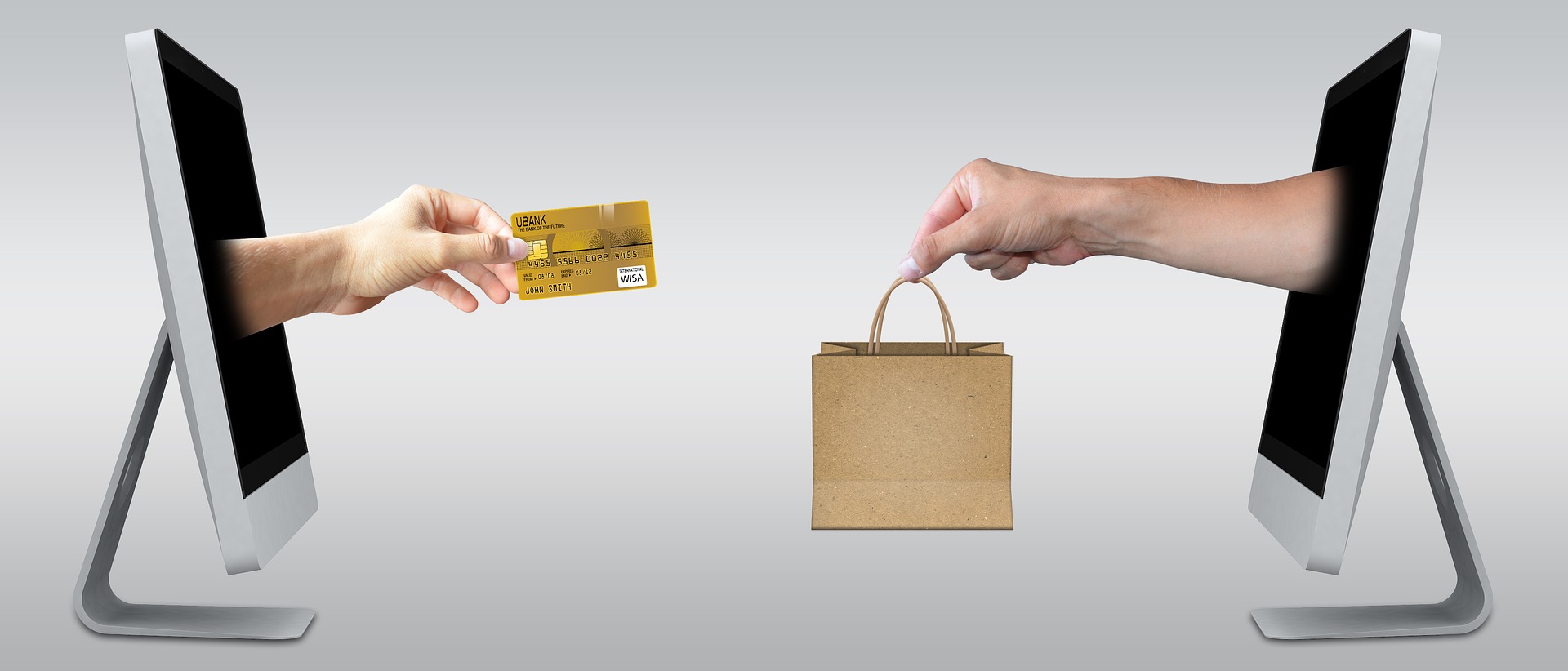Although 2020 has shown us that we need to stop trying to predict the future, we can still try to look into the crystal ball and see what the world of technology has in store for us in the coming year. Let’s see some of the exciting tech trends we can expect in 2021.
E-Commerce
South Africa was lagging a bit with e-commerce, having only been worth $2.69 billion of all sales in 2017 according to universal bank Nordea. This number is set to almost double in 2021, reaching $4.7 billion. This was undoubtedly accelerated by Covid-19 restrictions pushing people to embrace online shopping for the sake of avoiding crowded places. And with the vaccine set to not reach mass use any time soon, the forecasts might be correct in determining that e-commerce will continue on an upward trajectory. The downside to this is cybersecurity becoming a bigger concern as customers will be more likely to share credit card info. We’ve covered this topic before, read more here.
Quantum Computing
Artificial intelligence, big data and analytics magazine Analytics Insight report that quantum computing has been used this year to help in efforts to fight covid 19 in ways such as helping with dealing with the spread and the work to find a vaccine.
But what is quantum computing? IBM explains it as: “Universal quantum computers leverage the quantum mechanical phenomena of superposition and entanglement to create states that scale exponentially with a number of qubits, or quantum bits”. In English, quantum computing goes beyond the basic 0 and 1 binary that we’re used to with computing. It takes us a whole new realm where the more complex problems that can’t be solved with today’s computers will possibly be solved.
Although too complex to be used in everyday life, energy company IBERDROLA reports that quantum computing will bring changes to the world of finance, healthcare, cybersecurity, mobility and more.
The growth of 5G
With remote healthcare as one of the applications that 5G supports, its growth is vital. The year 2020 brought to light just how in a few short months, the entire world could change and travel to receive or deliver healthcare could suddenly not be possible. Therefore the move of 5G to everyday use – although controversial – could revolutionise our lives.
With increased speeds and more reliable connections, 5G will bring a whole wave of applications that will affect healthcare, grow smart cities, have an impact on economies and of course education.
With forecasts from professional services company PwC saying that 5G might reach 75% coverage in the US alone in 2021, this means the rest of the world will soon be following in its footsteps and we’ll see 5G as much a part of our lives as 4G.
The world of work
The year 2020 showed the world that the traditional “bums in seats” mode of working might be outdated. Companies found their staff able and happy to work from home. Preliminary surveys were also reporting that workers were actually more productive while working from home. This dismisses the concerns some employers had about not being able to monitor employees while they work from home.
This means that work and the hiring of employees has shifted, possibly permanently. And geographical borders became even less visible thanks to the advent of online meeting tools such as Zoom. Of course the shift to remote work has its pros and cons. You won’t need to physically be in a certain location to get a job there, but this also means the job you’re applying for has more competition with international applicants vying for it too. Even further, it will be interesting to see how labour laws and remuneration shift in line with this trend.
All of us are hoping 2021 turns out better than 2020 did, and hopefully these trends do in fact take root and improve our lives.




